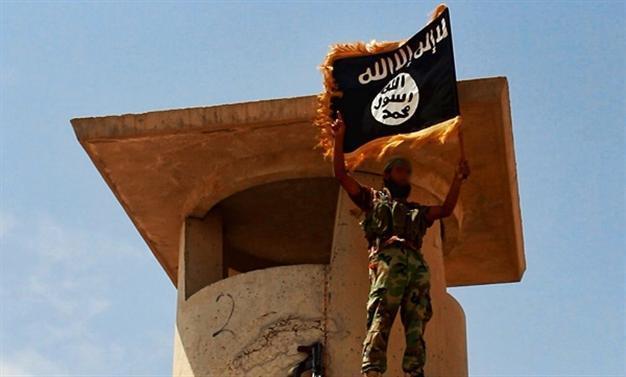US drones strike Pakistan, first after six-month break
ISLAMABAD - The Associated Press

Pakistan women take part in a rally against the US drone strikes in Pakistani tribal areas in Peshawar. The latest drone strikes sparked swift condemnation by the Pakistani government. AP photo
Missiles from U.S. drones slammed into militant hideouts overnight in northwestern Pakistan, killing
13 suspected insurgents and marking the resumption of the CIA-led program after a nearly six-month break, officials said June 12.
The two separate drone strikes sparked swift condemnation by the Pakistani government. The Foreign Ministry said in a statement that the strikes, are a violation of Pakistani sovereignty and territorial integrity.
In the first strike, which came late June 11, a suspected American drone fired two missiles at a militant hideout in the North Waziristan tribal area near the Afghan border, killing three militants. Then, early yesterday a suspected U.S. missile strike targeted another militant compound in North Waziristan, killing at least 10 people, Pakistani intelligence officials said.
They came in the same week as the Taliban claimed responsibility for an all-night siege of Karachi airport that left 37 dead including 10 attackers, shredding a nascent peace process and placing pressure on Islamabad to react decisively. Pakistan’s northwest, particularly North Waziristan, is home to numerous militant groups, both local and al-Qaeda-linked foreign groups, who often work together, sharing fighters, money or expertise.
There was no immediate information on the identities of those killed in the strikes but the two intelligence officials who gave information about the strike said the area is dominated by the Haqqani network.
The Haqqani network is believed to carry out operations against U.S. and NATO forces in Afghanistan from bases in North Waziristan and is considered one of the more lethal groups operating in Afghanistan. Due to stricter rules on the use of drones, diplomatic sensitivities and the changing nature of the al-Qaida threat, the number of American drone strikes had dwindled. The latest ones were the first since December, and even before that, the number of strikes every year had been steadily dropping.
Musharraf allowed to leaveThe Pakistani government and military are believed to have supported the drone strikes to a degree in the past but in recent years have become more vocal in their opposition. The strikes are extremely controversial in Pakistan where many people consider them a violation of the country’s sovereignty.
Meanwhile, a Pakistani court yesterday struck down a government order barring former military ruler Pervez Musharraf, who faces treason charges, from leaving the country. The ex-president’s court victory, though, was tempered because the government can still appeal. Under the Karachi court ruling, the government has 15 days to appeal the decision.
This means Musharraf can’t leave Pakistan immediately. The 70-year-old Musharraf took power in a 1999 and then stepped down in 2008. He later left the country, but returned to Pakistan in March 2013, hoping for a political comeback.
